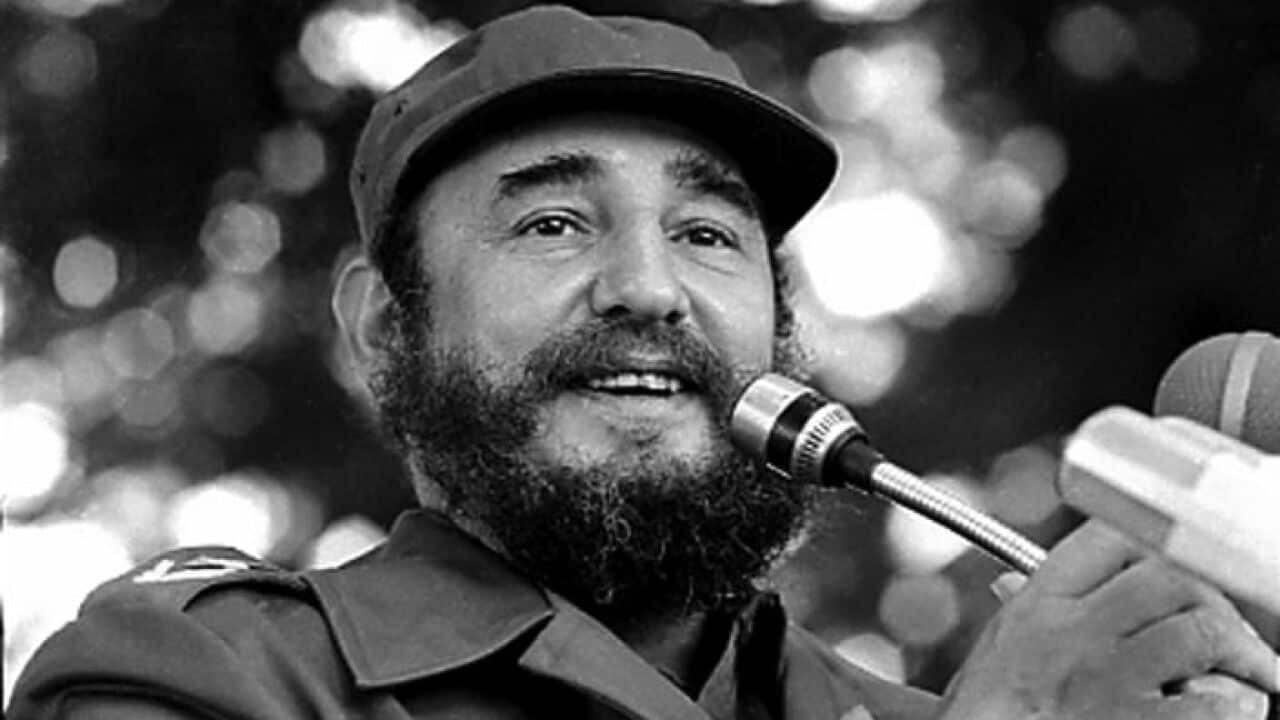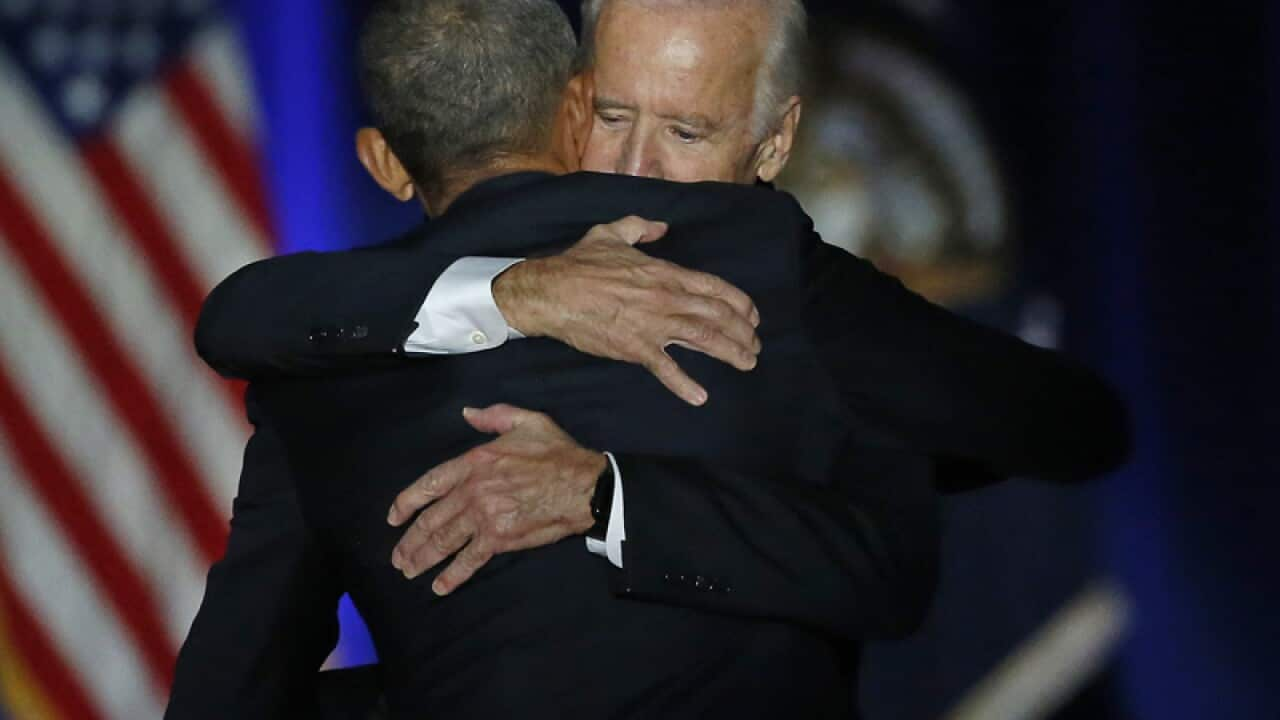The news was so important it was broadcast on Cuban state television.
A local news anchor announced the repeal of the measure granting automatic residency to virtually every Cuban who arrived in the United States, whether or not they had visas.
"An important step in the advancement of bilateral relations has taken place this 12th of January with the signing of an accord between the governments of Cuba and the United States that went into effect today, aimed at guaranteeing a regular, secure and orderly migration."
The policy, called "wet foot, dry foot", meant any Cuban citizen who reached US soil was allowed to stay, while those who journeyed by sea were returned.
Cuban authorities had long worked to overturn the measure, believing it encouraged people-trafficking and citizens to attempt dangerous sea voyages.
US authorities also welcomed the news, with President of the US Chamber of Commerce, Thomas Donohue, calling it an "intelligent" move.
"I believe that it was strategically intelligent. I believe it puts you in a position to continue to move forward and at the same time, give the new administration ways to see that they are achieving some of their objectives."
Outgoing US President Barack Obama is popular in the Caribbean nation for helping end 50 years of hostility between the two countries.
Cuban immigration has spiked since the 2014 resumption of relations, in anticipation of the policy's termination.
Some Cubans have supported the repeal, with this resident saying it will help save lives.
"On the one hand, it's good because we as Cubans, we are more certain that we cannot go through this route, and there won't be as much loss of human life, nor so much blood-spilling in the sea. For every boat that goes there, there are thousands and thousands of Cubans who take crazy blind risks, without knowing if they can survive or not."
But many others worry about what it means for those who have made the trip, and are now stuck in limbo.
Some people say they have spent thousands to make the journey, only to find out they wouldn't be given residency.
In Honduras, 75 Cubans were waiting to move to Mexico and then to the US border, while another group were at a shelter in Panama city.
Others say there were still hundreds more people travelling through the forests of the Darien region bordering Colombia.
Back in Cuba, local Reyna Perez says she thinks it's unfair to end the long-running policy.
"I don't think they (US and Cuban governments) should have taken it away, because of their (migrants') sacrifice. And many of them almost lost their lives to find the dream that each person wants."





